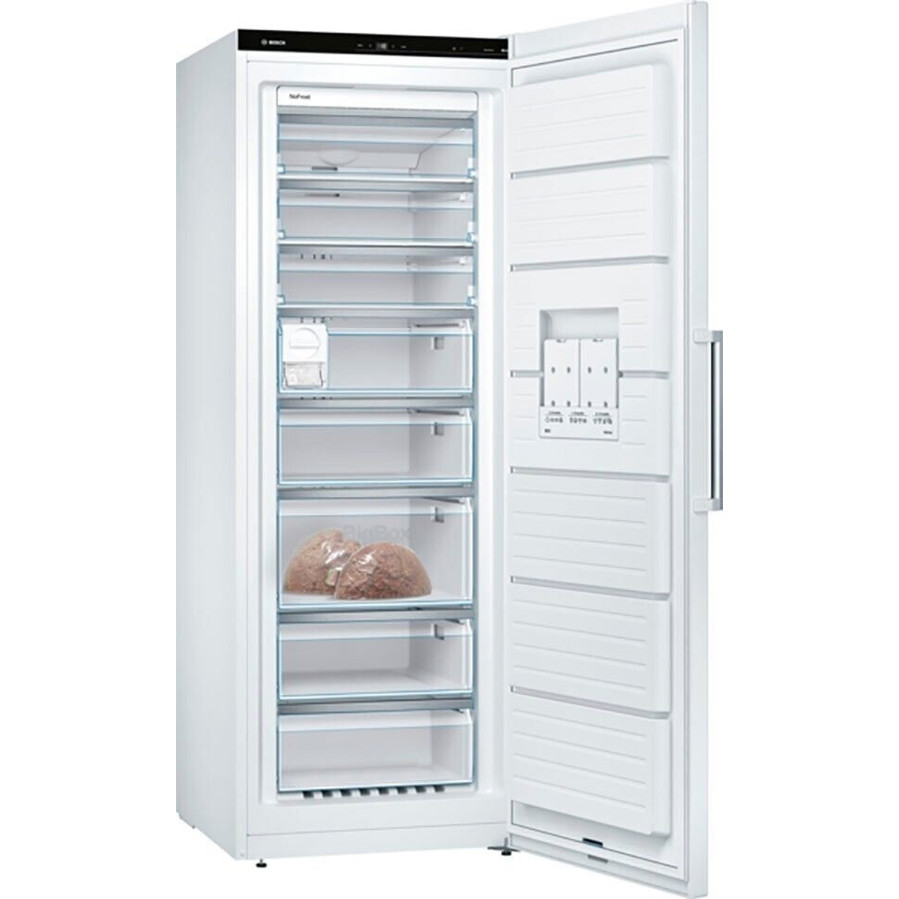Why Nobody Cares About Freezer Energy Efficiency Class C
페이지 정보

본문
Understanding Freezer Energy Efficiency Class C: What You Need to Know
In today's environmentally mindful world, energy efficiency has actually gained substantial significance among customers and producers alike. When it concerns household appliances, a freezer's energy efficiency score can significantly affect energy intake and energy costs. This article will explore Freezer Energy Efficiency Class C-- what it suggests, how it compares to other classes, and ideas on how to improve energy efficiency in freezers.
What Does Energy Efficiency Class C Mean?
Energy efficiency classes are standardized ratings that indicate how much energy a home appliance takes in relative to its output or performance. These classes range from A to G, with A being the most efficient and G the least.

Freezers with an Energy Efficiency Class C ranking are considered typical in regards to energy intake. They aren't the most efficient options readily available, but they frequently cost less than higher-rated models.
Energy Efficiency Classes
| Energy Class | Description |
|---|---|
| A+++ | Extremely effective |
| A++ | Very efficient |
| A+ | Efficient |
| A | Moderate efficiency |
| B | Below par |
| C | Typical |
| D | Below par |
| E | Poor |
| F | Very bad |
| G | Incredibly bad |
Secret Characteristics of Class C Freezers
Energy Consumption: Class C freezers normally take in more electrical energy compared to their more effective equivalents. This suggests that while they might be more economical to acquire, it might cost more to operate them in time.
Preliminary Cost: Freezers with a Class C ranking frequently have lower upfront expenses, making them appealing for budget-conscious consumers.
Size and EinbauküHlschrank No Frost Capacity: Class C models can come in various sizes, from compact systems to larger chest freezers. This variability allows customers to select a design that fits their needs without compromising on cost.
Cooling Technology: Many Class C freezers utilize conventional cooling techniques instead of advanced technologies discovered in higher-rated models. As a result, their cooling performance may not be as consistent.
Benefits and drawbacks of Class C Freezers
Pros:
Affordability: Generally, Class C freezers have lower preliminary costs compared to higher-rated designs, making them available for customers on a spending plan.
Sufficient for Average Use: For households that do not often utilize a freezer or store large quantities of food, a Class C freezer might supply adequate efficiency.
Simpler Features: Many Class C designs focus on basic functionalities, do not have complex features, and are frequently much easier to utilize.
Cons:
Higher Energy Costs: The continuous energy intake can lead to greater utility costs, negating the savings from the lower purchase price.
Environmental Impact: Less energy-efficient appliances add to higher carbon footprints, which can be a concern for environmentally conscious customers.
Restricted Longevity: Class C units may not last as long as more efficient designs, resulting in more regular replacements and increased waste.
Tips for Improving the Energy Efficiency of Class C Freezers
Proper Location: Place the freezer in a cool, well-ventilated location away from direct sunlight and heat sources like ovens and dishwashers.
Temperature Settings: Set the freezer temperature to ideal levels (usually around -18 ° C or 0 ° F )to guarantee effective operation
. Keep It Full: A full freezer runs more effectively than an empty one. If you do not have adequate food to fill it, think about utilizing ice bag or containers of water to inhabit space.
Routine Maintenance: Clean the coils and gasket seals regularly to guarantee the freezer runs efficiently and doesn't have to work more difficult than essential.
Minimize Opening the Door: Each time the freezer door is opened, cold air leaves. Lessen door openings, and attempt to get products rapidly.
FAQs About Freezer Energy Efficiency Class C
1. How does a Class C freezer compare to Classes A and B?
Class C freezers are less energy-efficient than Classes A and B. They consume more electrical power and usually cost more to run with time.
2. Is it worth purchasing a Class C freezer?
If you're on a budget and do not need high energy efficiency for erratic use, refrigerator Test 2025 a Class C freezer might be an ideal alternative. However, think about long-lasting energy expenses before buying.
3. Can I upgrade a Class C freezer for better efficiency?
Yes, enhancing energy efficiency can be possible through appropriate maintenance, cautious use, Gefrierschrank Mit Lieferung Und Anschluss and by following recommended operational practices.
4. What is the average life expectancy of a Class C freezer?
The life expectancy of a Class C freezer is usually between 10 to 15 years, depending upon usage, freistehende kühl-gefrier-kombination no frost edelstahl Kaufen brand name, and maintenance.
5. Will a greater energy class save me money?
In most cases, buying a greater energy class freezer (A or A+) can result in savings on energy bills, offsetting the preliminary purchase cost over time.
Freezer Energy Efficiency Class C is a viable choice for numerous customers. While they may lack the energy efficiency of higher-rated designs, their affordability and adequate performance make them a prospective choice for Side By Side Kühlschrank Schwarz Mit Wasserspender Und Eiswürfelbereiter budget-conscious families. By understanding energy classes, consumers can make educated decisions and take actions to improve the efficiency of their appliances, resulting in both savings and responsible energy usage. As the world moves towards greener services, considering energy-efficient appliances in our homes ends up being more vital than ever.
- 이전글See What Head Phones Tricks The Celebs Are Making Use Of 25.11.07
- 다음글Ufabet: Enjoy Thrilling Gambling Enterprise Games in Thailand 25.11.07
댓글목록
등록된 댓글이 없습니다.
